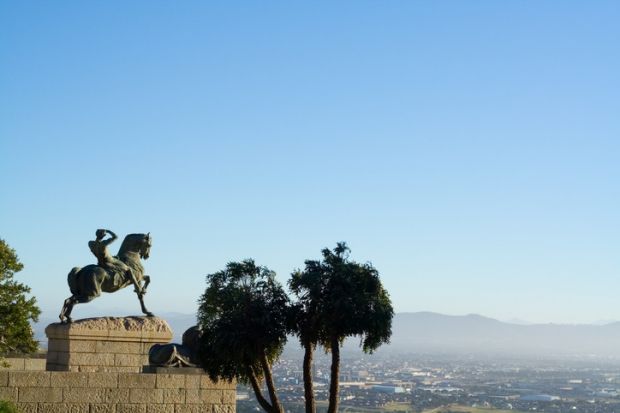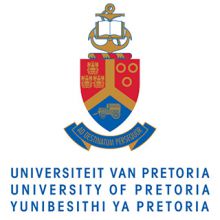“Getting a degree here is a form of mental slavery and colonisation. We can no longer breathe! We want to breathe! We must exorcise the colonial ghost from the curriculum. We want relevant knowledge, we want to study African history; we want to reclaim our black history.”
This is what University of Cape Town academic Kathy Luckett was told by one of the students at the Rhodes Must Fall protests that convulsed the institution in 2015. And, sure enough, the ultimately successful demands for the removal of Cecil Rhodes’ statue from the historically white university’s campus provoked calls across South African universities for the decolonisation of curricula, as well as other structural changes.
The abolition of fees for poor students was duly announced, and an explosion of re-curriculating activities occurred across campuses, with various academic bodies, such as the Curriculum Transformation Committee, established to operationalise the response.
But the hoped-for revolution in South African university teaching has not happened. And why? Because all those conversations, meetings and debates were conducted in a reactive attempt to appease the students and diffuse the threat posed by their protests. They did not arise from universities’ innate desire: if they had, they would not have occurred more than two decades after the advent of democracy in South Africa. And they overlooked the key agent of curriculum delivery: the academic.
Academics are not merely conduits of curricula. They are complex beings, constituted of, among other things, identities, value systems, beliefs and lived experiences, all of which inform their practice within particular contexts. Many academics have responded to the call to decolonise the curriculum by revising their study guides and some of the learning material. But this is just lip service. The pertinent question is whether they are ready to “decolonise their minds”, as the Kenyan writer and academic Ngugi wa Thiong'o put it in 1998. Are they ready to unlearn, relearn and fundamentally transform as individuals and academics?
Each teaching context is different and academic identities are complex. Individuals are variously willing and able to transform. But, as things stand, many South African academics – black as well as white – still assume that Western knowledge systems “constitute the only basis for higher forms of thinking”, as a 2008 Department of Education report put it. They work from a deficit-based rather than an asset-based model of learning. They do not recognise the needs, strengths and experiences of students from diverse backgrounds and cultures. They do not cultivate the critical consciousness their students need to become aware of social justice, race and equity issues in all that they learn, making that learning more compelling and meaningful.
I have personally heard academics in university corridors respond to calls to decolonise the curricula with comments such as: “How can indigenous knowledge systems match the scientifically proven knowledge of so many years?”, “Perhaps in languages and the social sciences, but certainly not in the hard sciences” and, most memorably, “Do they want us to go back to the caveman days?”
Changing such mindsets is necessarily difficult because beliefs and values tend to be resistant to change. They run as deep as what Jonathan Jansen, in his 2009 book of the same name, called “knowledge in the blood”. According to Jansen – the first non-white vice-chancellor of the University of the Free State – the most effective way to shake such convictions is to introduce “pedagogic dissonance” in educational spaces, and to encourage dialogue between “opposing parties”.
While one episode of pedagogic dissonance will not bring about instantaneous change, it harbours the potential to instil doubt and create the opportunity for academics to begin to question their ingrained belief systems. But some academics, although willing to embrace decolonisation, still need to learn how to do this. And the majority are interested only in business as usual.
Perhaps, in reality, progress will only be made one retirement at a time.
Saloshna Vandeyar is director of the Centre for Diversity and Social Cohesion and a full professor in the department of humanities education at the University of Pretoria. She is author of “Why decolonising the South African university curriculum will fail”, published in Teaching in Higher Education.
POSTSCRIPT:
Print headline: Can we decolonise the mind?
Register to continue
Why register?
- Registration is free and only takes a moment
- Once registered, you can read 3 articles a month
- Sign up for our newsletter
Subscribe
Or subscribe for unlimited access to:
- Unlimited access to news, views, insights & reviews
- Digital editions
- Digital access to THE’s university and college rankings analysis
Already registered or a current subscriber? Login










